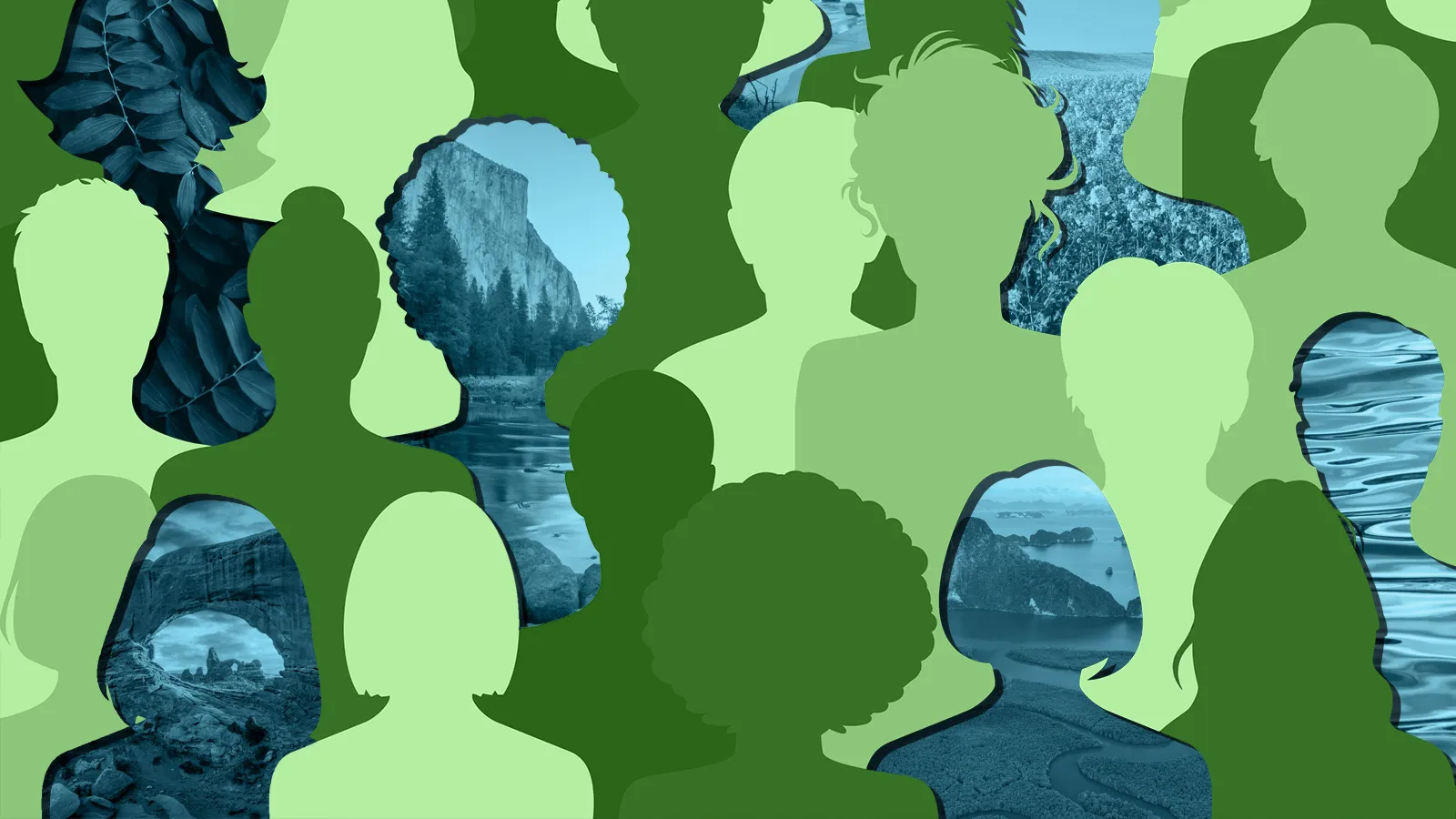Chapter 26: Rivers Have Rights
Chapter 26: Rivers have rights
Companion Website by: Claire Gegenheimer
TABLE OF CONTENTS:
- Chapter Summary
- More about the Participants
- Cast Studies from the Chapter
- Ongoing Challenges
- Global Case Studies
- Suggested Resources
- Additional Reflection
CHAPTER SUMMARY:
This chapter explores an emerging legal and ecological paradigm: recognizing rivers as legal persons with rights. By examining two groundbreaking case studies—the Whanganui and Waikato Rivers in New Zealand and the Atrato River in Colombia—the chapter underscores how Indigenous and Afro-descendant communities are reshaping environmental governance through culturally grounded legal mobilization. It addresses broader themes of biocultural rights, postcolonial justice, and the interdependence between ecosystems and Indigenous cosmologies.
MORE ABOUT THE PARTICIPANTS:
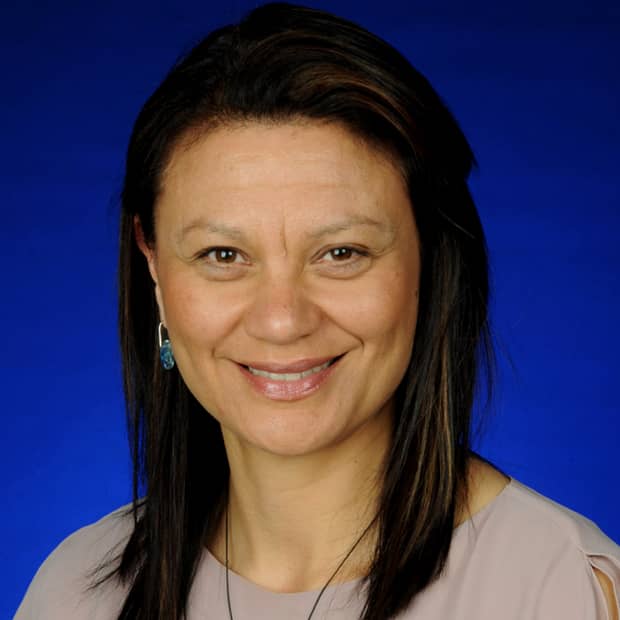
Linda Te Aho (Ngāti Koroki Kahukura, Waikato-Tainui) is Associate Professor of Law and Associate Dean Māori at the University of Waikato. A key figure in Indigenous legal advocacy, she played a leading role in the co-management of the Waikato River, helping embed Māori values into its restoration. She has also served in senior tribal governance, including as chair of Te Arataura and trustee for Ngāti Koroki Kahukura. Her work is widely recognized for advancing Māori rights and environmental justice in Aotearoa New Zealand.
Alba Marina Quintana Achito is an Indigenous leader from the Emberá Dóbida community in Chocó, Colombia. After being displaced by armed conflict from Juradó to Quibdó, she pursued legal studies and became a powerful advocate for Indigenous rights and environmental justice. As a Guardian of the Atrato River, she plays a key role in upholding the Constitutional Court ruling that granted the river legal personhood. She is also active in the Akubadaura Community of Jurists and initiatives like ProDefensoras, where she champions Indigenous women’s leadership and resilience.
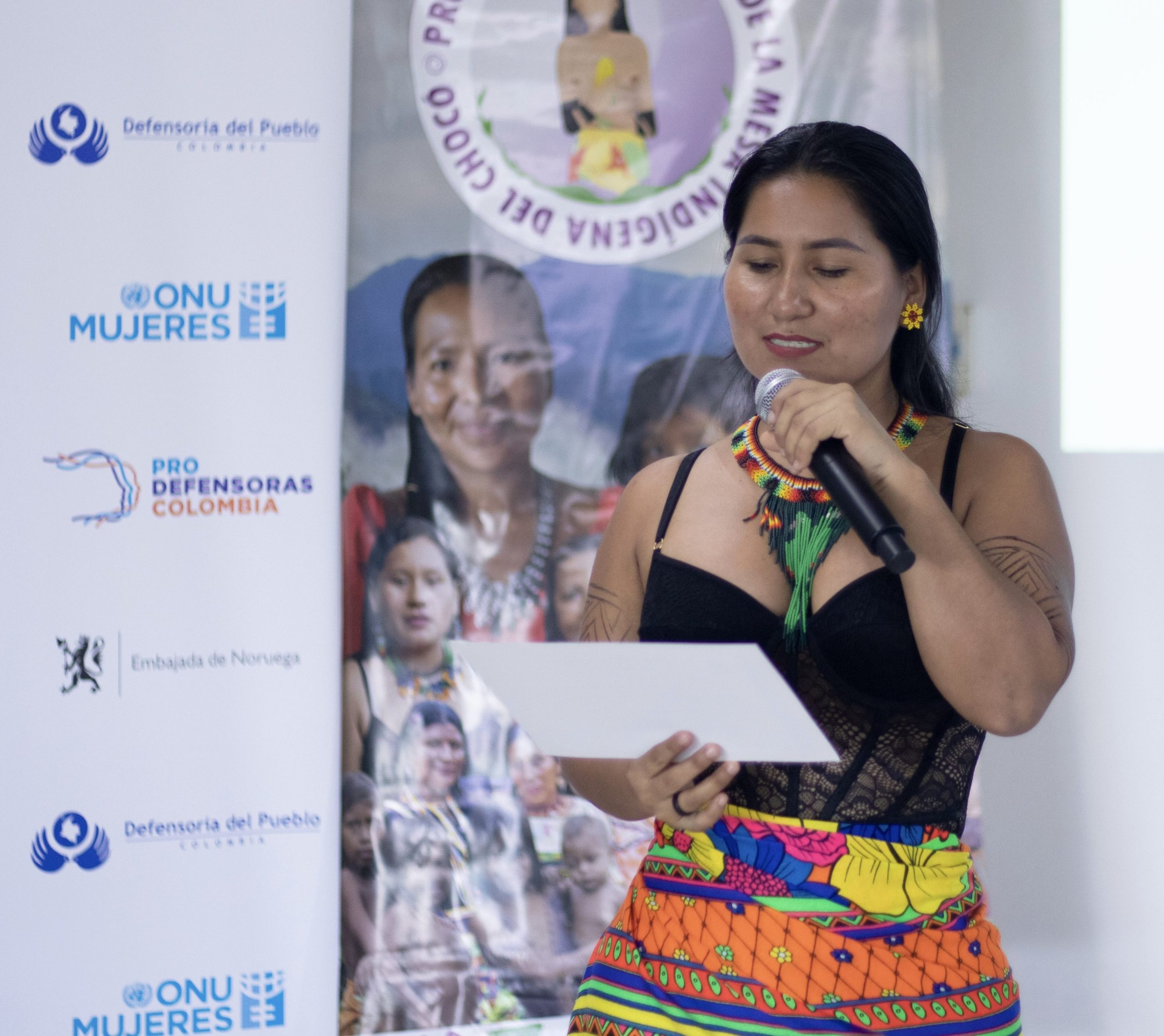

Alexander Rodríguez Mena is an Afro-Colombian lawyer, poet, and environmental activist from Chocó, Colombia. A leader within COCOMACIA, he serves on the Commission of Guardians established after the 2016 court ruling that recognized the Atrato River as a legal entity. His work focuses on Afro-descendant rights, environmental justice, and integrating traditional knowledge into law and policy.
CASE STUDIES FROM THE CHAPTER:
Colombia: Atrato River
The Colombia case study centers on the Atrato River, whose legal recognition as a rights-bearing entity in 2016 marked a historic shift in environmental and constitutional law. Afro-Colombian and Indigenous communities from the Chocó region—deeply connected to the river for transportation, food, rituals, and identity—mobilized through collective legal action (a tutela) in response to devastating pollution from illegal mining, particularly mercury contamination. The Constitutional Court’s ruling (T-622) not only granted the river rights to protection, conservation, maintenance, and restoration but also acknowledged the violation of communities’ fundamental rights, including health and cultural survival. A key outcome was the formation of the Comisión de Guardianes del Río Atrato, a pioneering governance body composed of both state and community representatives, structured with gender equity.
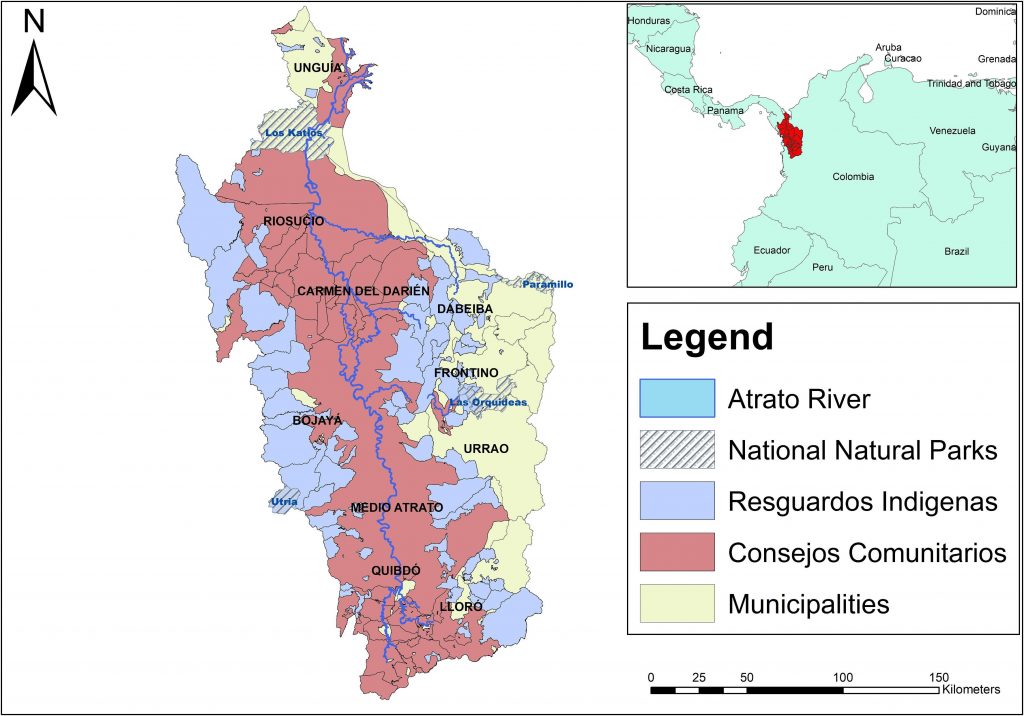
Artato River
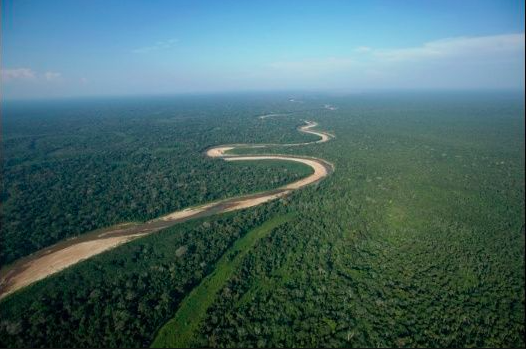
New Zealand: Waikato and Whanganui Rivers
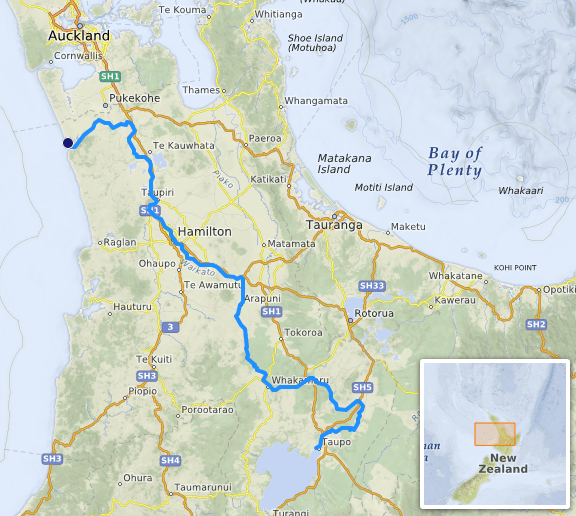
Waikato River
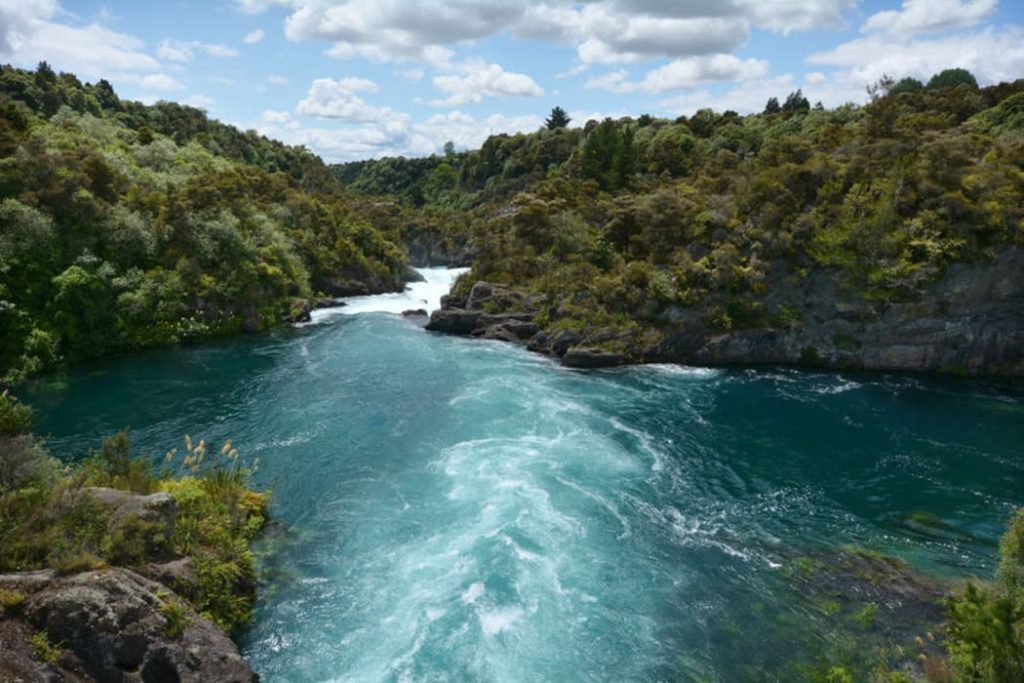
The New Zealand case study focuses on the Māori struggle to protect and restore the Waikato and Whanganui Rivers, emphasizing the integration of Indigenous cosmology into national law. Central to Māori belief is the view of rivers as living ancestors, a perspective that was formally recognized in the Waikato River Settlement (2010) and the Whanganui River Settlement (2017), the latter granting the river full legal personhood. These legal milestones emerged from decades of advocacy following colonization, land confiscation, and environmental degradation, which marginalized Māori voices in land and water governance. Through co-management agreements and legislation that incorporate Māori principles like kaitiakitanga (guardianship), Māori communities have gained a more active role in decision-making. The settlements not only affirmed spiritual and cultural relationships to water but also enabled tangible environmental restoration efforts.
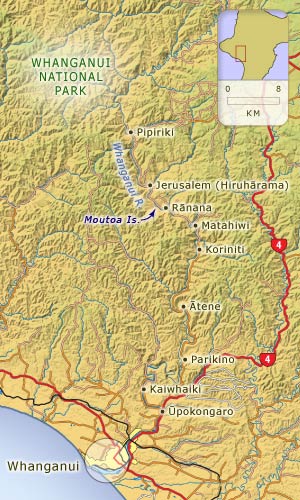
Whanganui River
Legal Milestones
Waikato River Settlement Act (2010): Recognized the river as an ancestor, embedding Māori cosmology in law.
Whanganui River Claims Settlement (2017): Granted legal personhood to the river, with two guardians—one from the Crown, one from Māori.
Constitutional Court Ruling T-622 (2016): Recognized the Atrato as a rights-bearing entity due to state neglect and mining-related mercury contamination.
ONGOING CHALLENGES
Both the New Zealand and Colombia case studies highlight significant ongoing challenges despite groundbreaking legal victories recognizing rivers as rights-bearing entities:
New Zealand – Waikato and Whanganui Rivers:
- Water Quality Degradation: Diffuse pollution from agriculture—particularly nitrogen and phosphorus runoff due to intensive dairy farming—continues to harm the river ecosystems.
- Climate Change: Increasing floods and droughts, compounded by uneven water distribution, stress both the environment and the capacity for sustainable management.
- Water Rights and Allocation: The Crown’s refusal to acknowledge Māori claims to freshwater ownership and allocation remains a major source of tension, limiting the ability of Māori to fully utilize returned lands.
- Implementation Gaps: While legislation has improved Māori participation in governance, systemic exclusion and power imbalances still affect how environmental decisions are made and enforced.
Colombia – Atrato River:
- Government Non-Compliance: Despite clear judicial orders, national and regional authorities have failed to implement the Constitutional Court’s ruling (T-622), placing communities in a continued state of legal and environmental vulnerability.
- Ongoing Pollution: Mercury contamination from illegal and unregulated mining persists, harming ecosystems and public health—particularly affecting women and children.
- Lack of Resources: The Commission of Guardians lacks sufficient institutional support and funding to fulfill its mandate effectively.
- Health Crises: Communities report ongoing medical issues, including congenital defects and infections, linked to polluted water sources.
In both cases, the struggle has shifted from legal recognition to meaningful enforcement and resource equity, underscoring the gap between visionary legal thinking and practical environmental justice.
GLOBAL CASE STUDIES :
There are several other countries where nature has legal rights or where there have been efforts to grant nature legal rights. See some examples below:
- Ecuador
- Law: 2008 Constitution
- Rights Granted: Nature is recognized as a legal entity with the right to exist, persist, maintain, and regenerate its life cycles. Citizens can sue on behalf of nature.
- Bolivia
- Law: Law of the Rights of Mother Earth (2010)
- Rights Granted: Grants nature legal personhood and outlines rights such as the right to life, biodiversity, water, clean air, and restoration.
- Panama
- Law: Law 287 (2022)
- Rights Granted: Recognizes nature as a subject of rights, including the right to exist, persist, and regenerate life cycles. Requires government and citizens to protect and preserve nature.
- Uganda
- Law: Section 4 of the National Environment Act (2019)
- Rights Granted: Recognizes the rights of nature to exist, persist, and evolve. Allows for legal action to be taken to protect these rights.
- Canada
- Law: Recognition of the Magpie River (Québec) (2021) by local and Indigenous governments
- Rights Granted: The river was granted nine specific rights, including the right to flow, maintain biodiversity, and be free from pollution.
- India
- Law: Uttarakhand High Court Ruling (2017)
- Rights Granted: The Ganga and Yamuna rivers were declared living entities with legal rights. Note: This decision was later overturned by the Supreme Court due to concerns over legal and administrative implications.
- United States
- Law: Local ordinances (various states and municipalities)
- Rights Granted: Several local governments have passed rights-of-nature laws granting ecosystems legal rights, often including the right to exist, flourish, and be restored. Legal status and enforceability vary widely.
SUGGESTED RESOURCES:
Films
I Am The River, The River Is Me (2024)
This documentary follows a canoe journey led by a Māori elder along New Zealand’s Whanganui River. The film explores the deep spiritual connection between the Māori people and the river, emphasizing the shift towards recognizing nature’s rights and the importance of Indigenous knowledge in environmental stewardship.
The River Is Me (2018)
This short film examines the legal recognition of the Whanganui River as a living entity, exploring the implications of this status and the Māori worldview that underpins it. The documentary provides insight into the cultural and legal journey leading to this groundbreaking decision.
From the River (2017)
In response to Colombia’s Constitutional Court granting the Atrato River legal rights, six Colombian filmmakers created a series of short documentaries reflecting on this landmark decision. The films portray the river’s beauty and the challenges it faces, highlighting the cultural and environmental significance of the Atrato to local communities.
Literature
- The (Human) Rights of Nature: A Comparative Study of Emerging Legal Rights for Rivers and Lakes in the United States of America and Mexico by Elizabeth Macpherson (2021)
This article compares how the legal rights of rivers and lakes are emerging in the United States and Mexico. She explores how these rights reflect a shift toward recognizing nature as a legal subject, influenced by Indigenous worldviews and environmental movements. The article highlights both the promise and the challenges of implementing such rights within existing legal systems. - Legal Rights for Rivers: Competition, Collaboration, and Water Governance by Erin O’Donnell (2018)
This article explores how granting rivers legal personhood transforms water governance, focusing on Environmental Water Managers (EWMs) in Australia and the U.S. It highlights the tension between market-based and community-driven approaches, and the paradox that legal rights can both support and hinder environmental protection. O’Donnell also examines international cases, showing how cultural context shapes legal outcomes. - “Rights of Nature: Rivers That Can Stand in Court” by Ewa Nowak, Jelson Roberto de Oliveira, and Roberto Franzini Tibaldeo (2018)
This article explores the legal recognition of rivers as rights-bearing entities, supported by Indigenous narratives and identity claims. The authors argue that granting legal personhood to rivers—with Indigenous guardianship—can protect fragile ecosystems and promote a more balanced human–nature relationship. Challenging traditional anthropocentric frameworks, the article concludes that integrating Indigenous perspectives is key to effectively implementing the rights of nature.
Videos
- The Rights of Nature: A Global Movement – Feature Documentary
This documentary explores the growing movement to grant legal rights to nature, including as rivers, forests, and ecosystems. Filmed in countries like Ecuador, New Zealand, and the U.S., it showcases how communities, Indigenous groups, and legal advocates are reshaping laws to recognize nature as a legal subject rather than property. The film highlights both the successes and challenges of implementing these legal frameworks and emphasizes the importance of community engagement and Indigenous perspectives in environmental protection.
Articles & Reports
- The River as a Legal Person: The Case of the Whanganui River in New Zealand
This article discusses the legal framework and cultural significance behind granting the Whanganui River legal personhood, emphasizing the integration of Māori values into environmental law. - Colombia: The Atrato River, a Landmark for Biocultural Rights among Afro-Descendants
This report highlights the Atrato River’s legal recognition as a subject of rights and its importance for Afro-Colombian communities, focusing on the intersection of environmental protection and cultural identity. - Rights of Rivers – International Rivers Report
This comprehensive report examines various cases worldwide where rivers have been granted legal rights, including detailed analyses of the Whanganui and Atrato Rivers, discussing the implications and challenges of such legal recognitions.
ADDITIONAL REFLECTION:
- Should non-human entities like rivers, forests, or other parts of nature have legal rights? Why or why not?
- What role do historical injustice and colonization play in current environmental conflicts?
- In what ways can Indigenous legal traditions and knowledge systems improve environmental protection and sustainability?
- Are there rivers or ecosystems in your region that could benefit from a rights-based framework?
- How can individuals, communities, or schools support biocultural rights and environmental stewardship?
